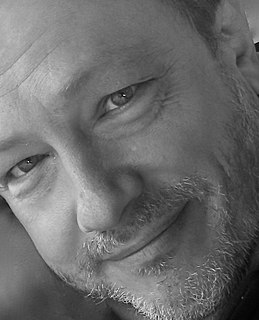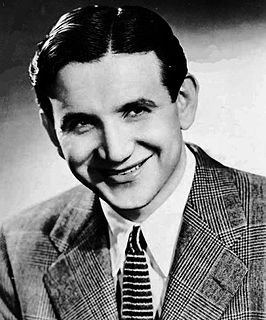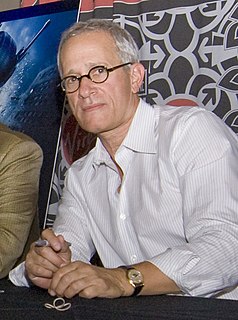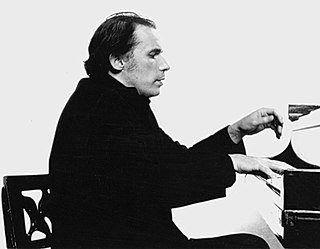A Quote by DJ Spooky
When you think about a composer you know like Wagner or Pier Boulez or something like that most of the issues a composer is working with are about discreet, notated music that someone else will play.
Related Quotes
Perhaps within the next hundred years, science will perfect a process of thought transference from composer to listener. The composer will sit alone on the concert stage and merely 'think' his idealized conception of his music. Instead of recordings of actual music sound, recordings will carry the brainwaves of the composer directly to the mind of the listener.
When I'm writing a play I hear it like music. I use the same indications that a composer does for duration. There's a difference, I tell my students, between a semi-colon and a period. A difference in duration. And we have all these wonderful things, we use commas and underlining and all the wonderful punctuation things we can use in the same way a composer uses them in music. And we can indicate, as specifically as a composer, the way we want our piece to sound.
I think that if I were required to spend the rest of my life on a desert island, and to listen to or play the music of any one composer during all that time, that composer would almost certainly be Bach. I really can’t think of any other music which is so all-encompassing, which moves me so deeply and so consistently, and which, to use a rather imprecise word, is valuable beyond all of its skill and brilliance for something more meaningful than that — its humanity.
I don't ascribe to the idea of the ivory tower composer who sits alone in a room composing his masterpieces and then comes down from Mount Sinai with the tablets. It doesn't work like that. The job of a composer is putting something down on a piece of paper that will inspire the person who's playing.
































